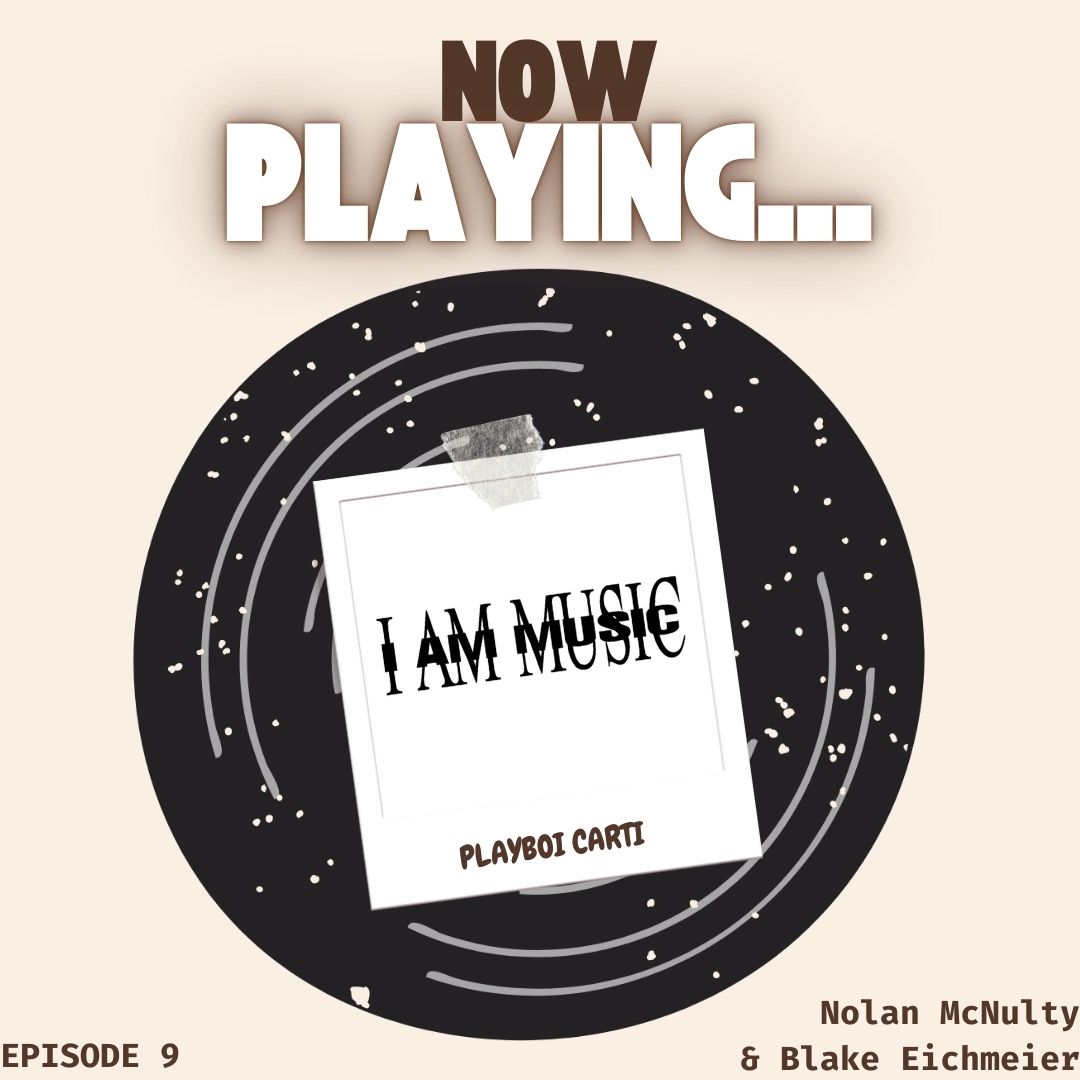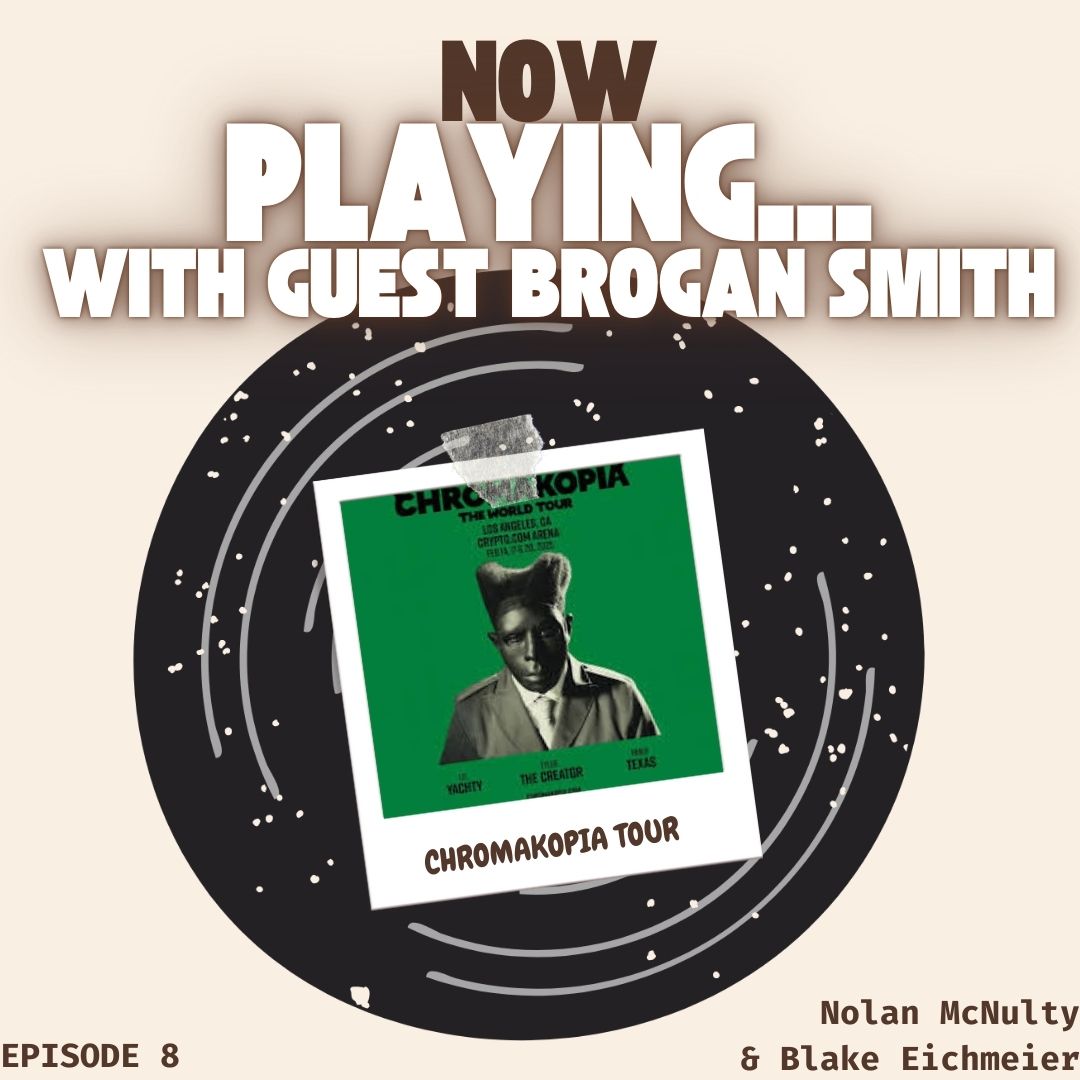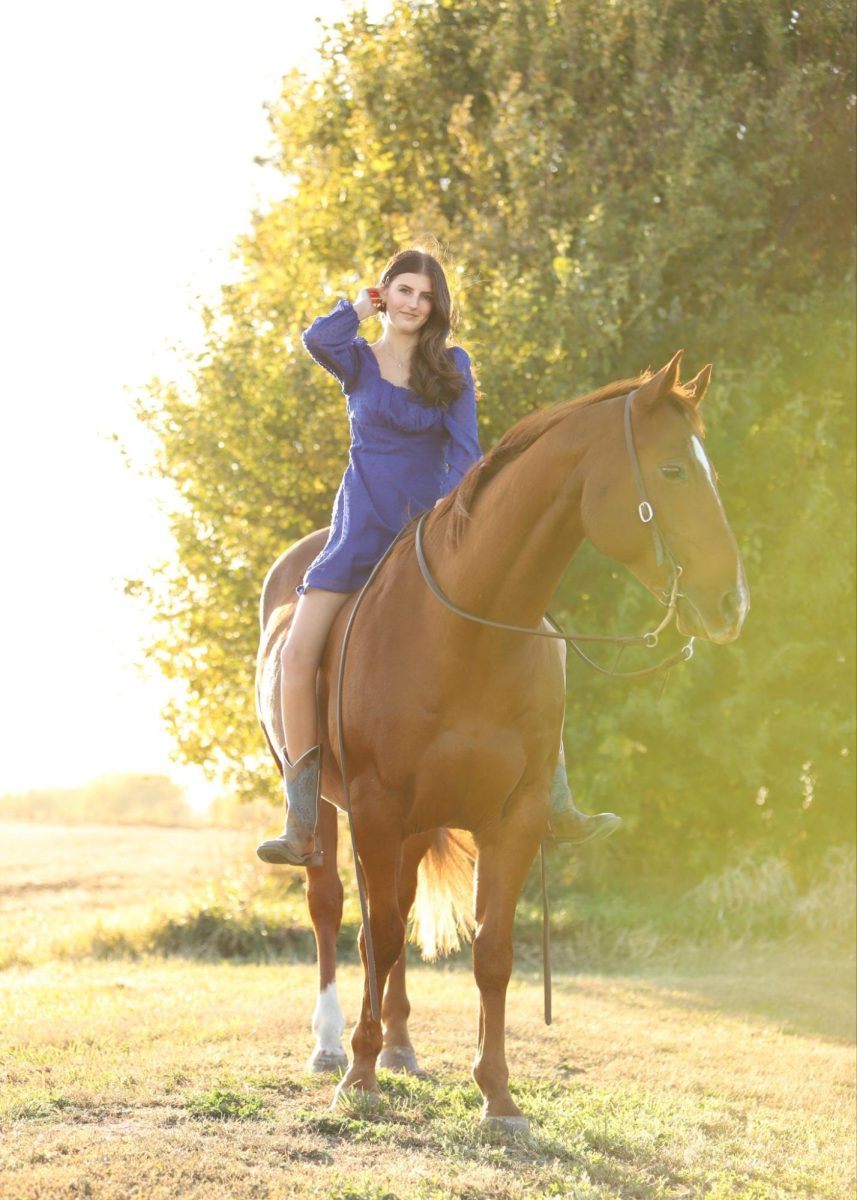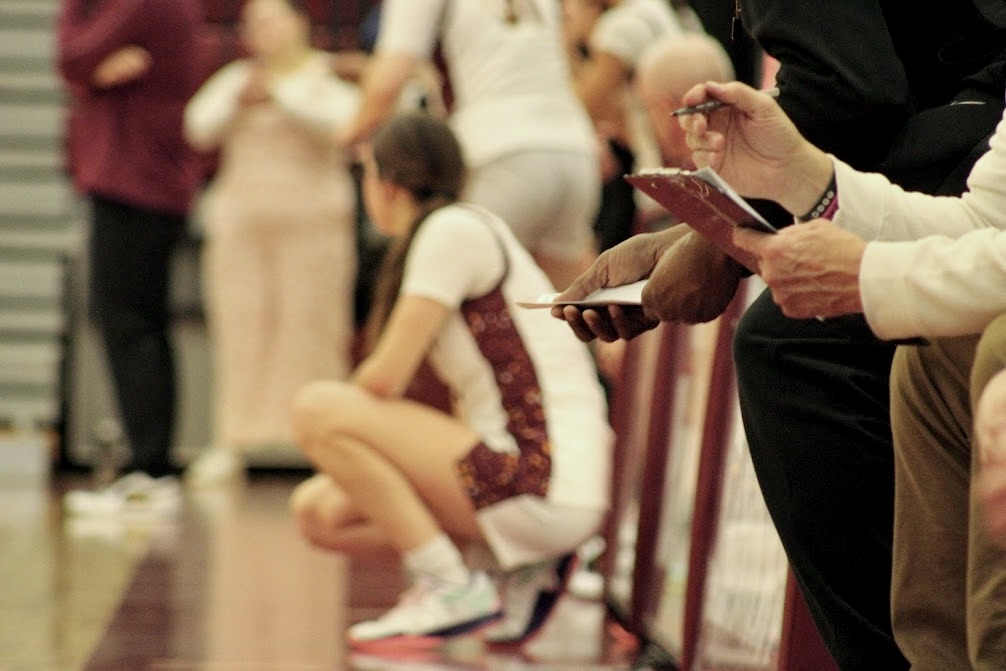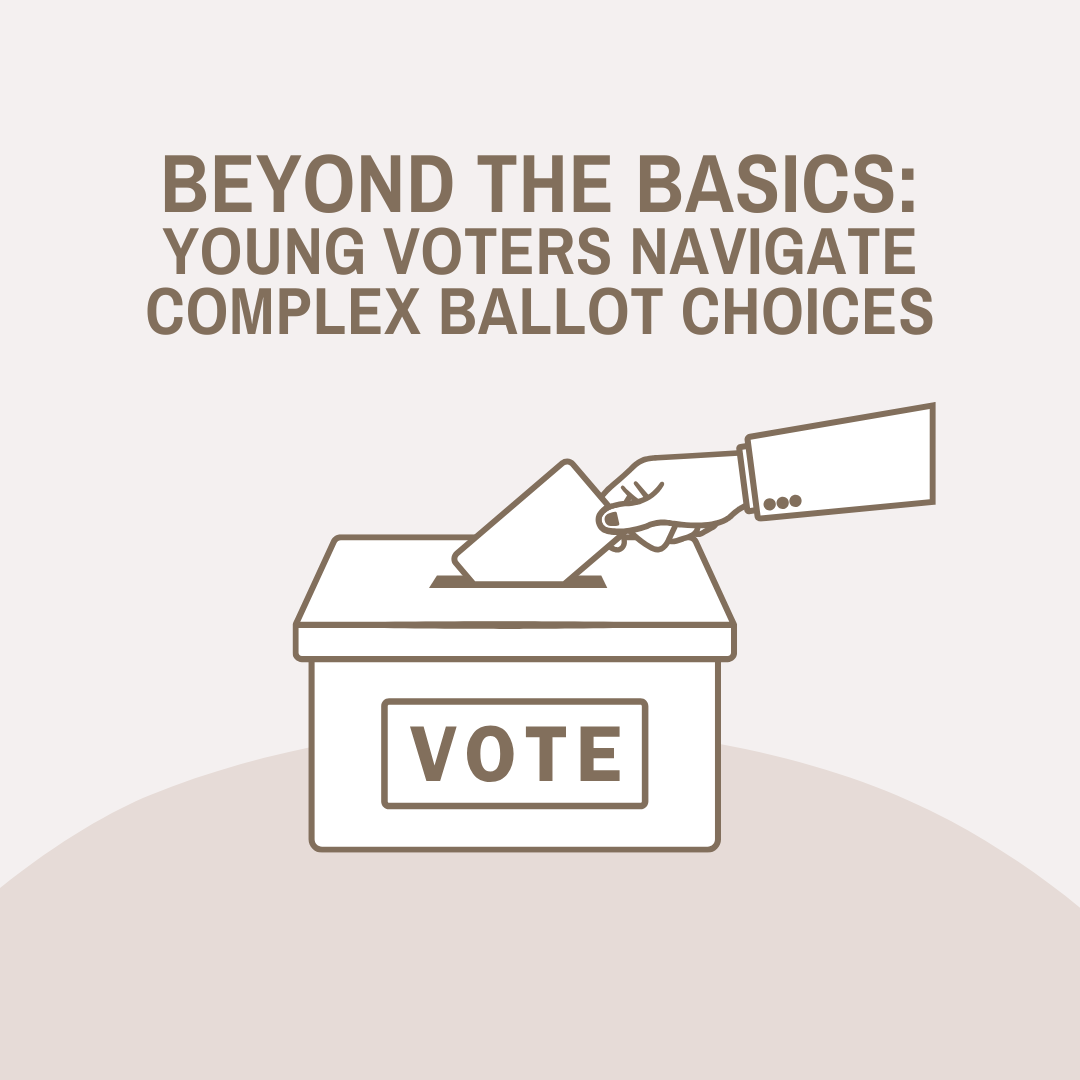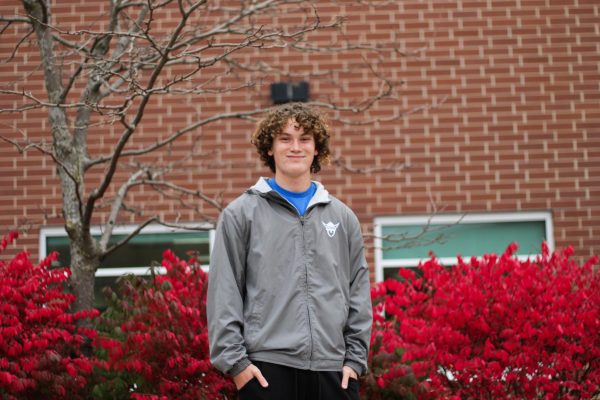From amendments to local positions, young voters reflect on the surprises and learning curves of participating in democracy.
Young Voters
“The experience surprised me. It was very easy as a whole, but I was not prepared to vote the whole ballot,” senior and first-time voter Julius Wiegand said.
Wiegand, despite his efforts to educate himself on candidates, was caught off guard by the county positions as well as the judicial appointments and amendments, which were also on the ballot.
“I had specific trouble with deciding who to vote for in those positions,” Wiegand said. “I was not informed enough with the local candidates and wasn’t sure who they were or what they stood for.”
The issue Wiegand faced is reportedly common among young people, including those who have voted before.
Recent Ankeny High graduate Abel Squires voted via absentee ballot and said that despite not entering a polling booth, the experience was a breeze.
“It was a bit hard [voting] but not that hard,” Squires said. “ I had very little idea on the local elections, and I just completely skipped the portion for judges.”
Senior Jack Dorfler said the election was “just as I pictured” and that the experience was “good” and “easy,” but also that he was caught off guard by the ballot’s second half.
So what exactly was on the, particularly troublesome, second half of the ballot this year? In addition to numerous judicial appointments and appointments for community trusts, and organizations, were amendments to the Iowa State Constitution.
These amendments clarified the line of succession to the Iowa governor, made a few minor changes to the wording of the voting rights section, and made a rule that would allow those 17 years of age the ability to vote in the primary election if they were 18 by the general election.
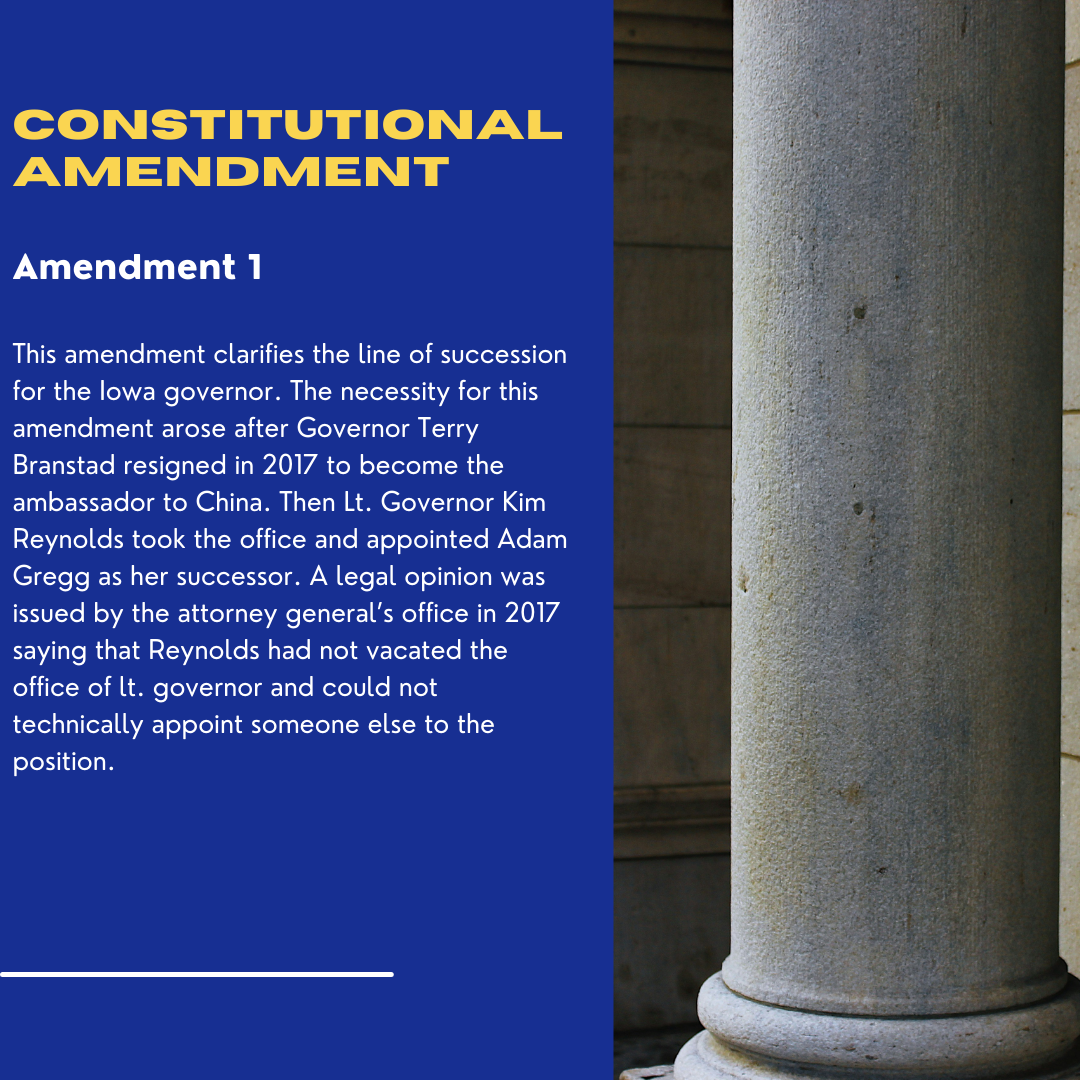
“I was much more prepared for the presidential primary, house, and senate votes,” Andrew Breuner, an Ankeny resident and 2020 Ankeny High graduate said. “For smaller local positions, I either voted for candidates representing the party I’m registered with or just didn’t put an answer down.”
Some students and voters seemingly do not feel the county, judicial, and amendment votes are as important as the presidential and representative. Additionally, some voters may not have a preference or feel that they are not appropriately educated on the candidates to make a good decision.
This second half of the ballot certainly has less attention, but these candidates still profoundly impact the community and are vital to many aspects of life in Polk County. The judges maintain the law and provide order and opportunities to residents of Polk County. Other county positions provide important oversight and regulation of county affairs.
County Auditor Jamie Fitzgerald
Jamie Ficzgerald has been the Polk County auditor and commissioner of elections since 2007. Fitzgerald and his office have many duties that Polk County residents may not realize.
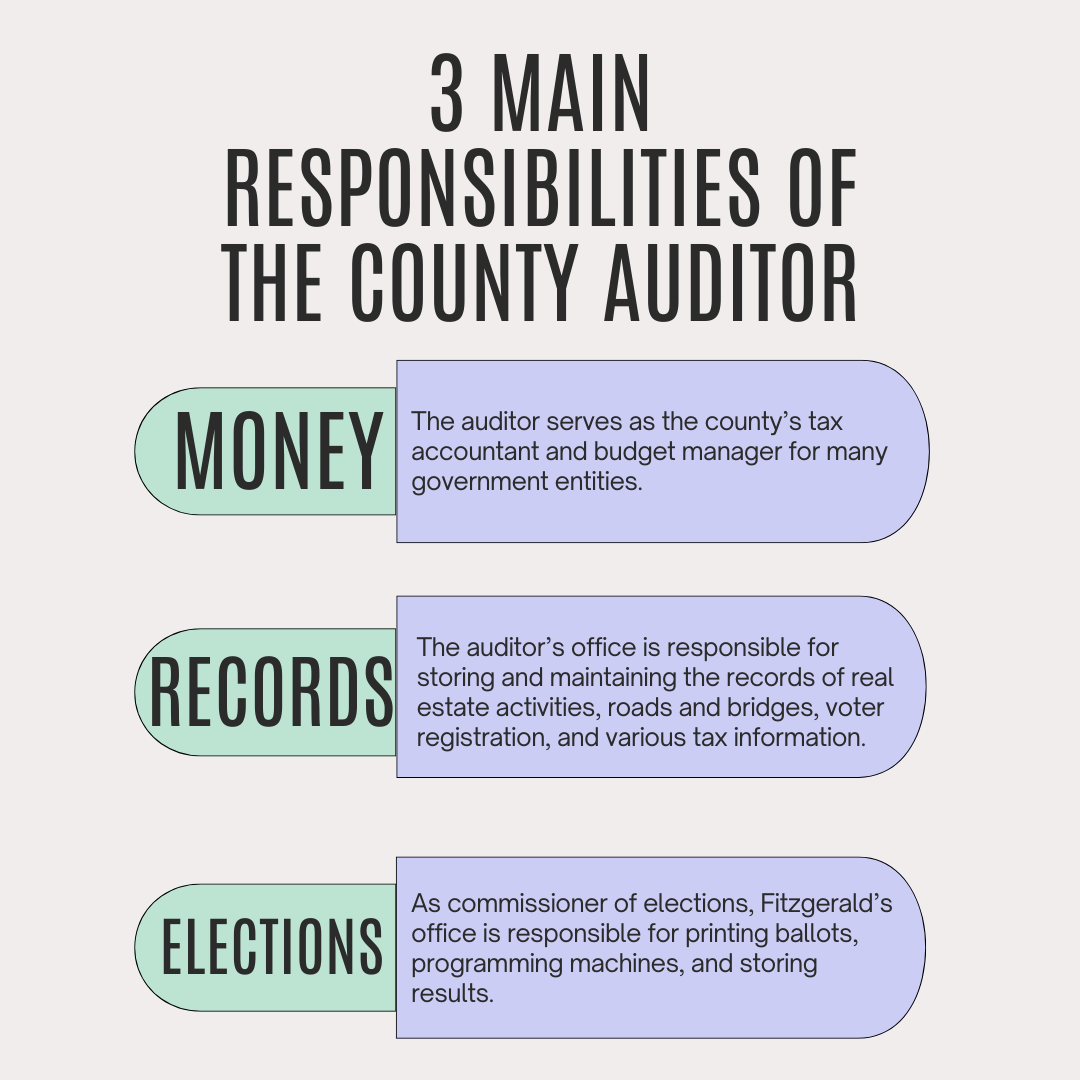
As county auditor, Fitzgerald serves as clerk to the board of supervisors, and county tax accountant.
As commissioner of elections, Fitzgerald and his staff prepare and supervise the printing of ballots, and programming of voting machines, in addition to keeping and revising voting records, registrations, and election results.
“Our office is responsible for mailing notices every March alerting taxpayers of when and where school, city, and county budget hearings on spending and their subsequent tax rates are being held,” Fitzgerald said. “along with the effects of these decisions on the taxpayer’s home.”
Fitzgerald is estimated to give about 100 speeches per year at various schools, community centers, and political events. One of their more fun responsibilities, the auditor’s office sources, and supplies the “I Voted” stickers to polling locations.
The solution
In recent years, education efforts have taken a different form. Local news sources typically limit local coverage to one or two stories, and focus on national elections, while voters suffer. Social media has allowed candidates to engage and reach out to voters while the vast majority of county positions continue to have a scarce presence in media.
Jeff Jackson, a former representative for North Carolina’s 14th congressional district and attorney general elect, has created an example for candidates who hope to use social media to reach out to voters.
Between TikTok and Instagram alone, Jackson has amassed 2.8 million followers by simply creating videos showcasing his campaign for attorney general, and what he has done to serve his voters. While Jackson’s success story is encouraging for candidates seeking to get their name out there, voter awareness of local candidates still reportedly lags behind the national elections.
There have been a few proposals to address this issue by allocating taxpayer money equitably to candidates for their campaigns, but none of these proposals have received serious attention being dismissed almost instantly.
“Taxpayers want county officers to be good stewards of their tax dollars and not use them for re-election campaigns,” Fitzgerald said.
As concerns over the use of taxpayer funds in political campaigns grow, local election dynamics are also under scrutiny. While some argue that county officials must prioritize fiscal responsibility, others highlight the disparity in attention and funding between local and higher-level elections.
“Mass paid advertising and mail plans fill our TVs and mailboxes every two years for federal and state races,” Fitzgerald said. “However, many important decisions are made at the local level by county board of supervisor races that do not get the attention or financing state and federal candidates enjoy.”




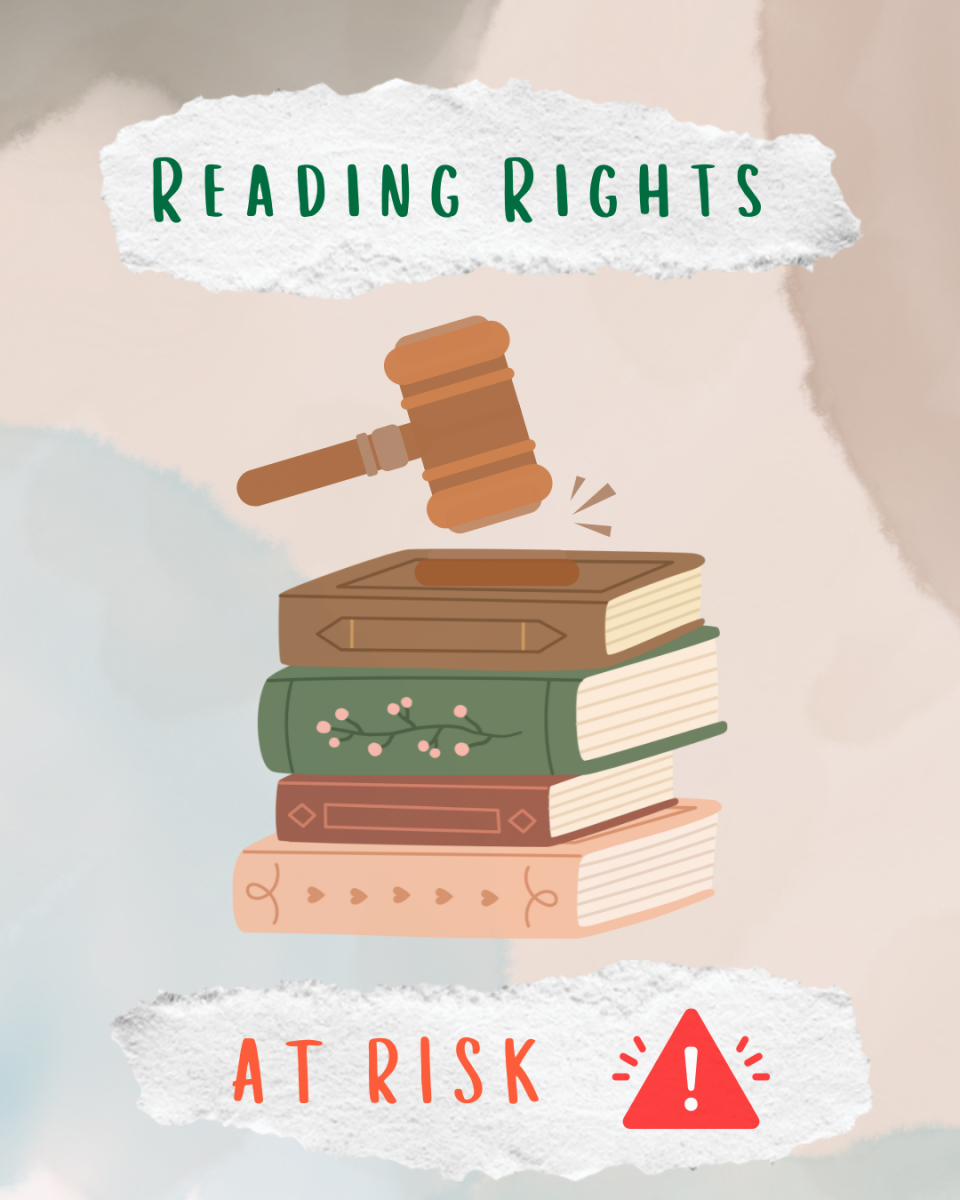












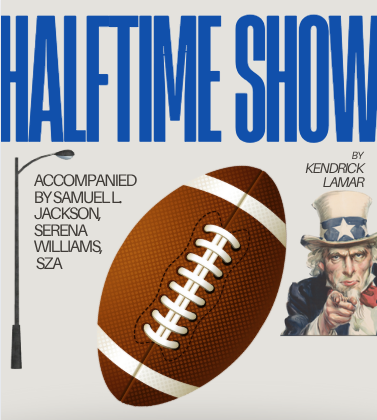

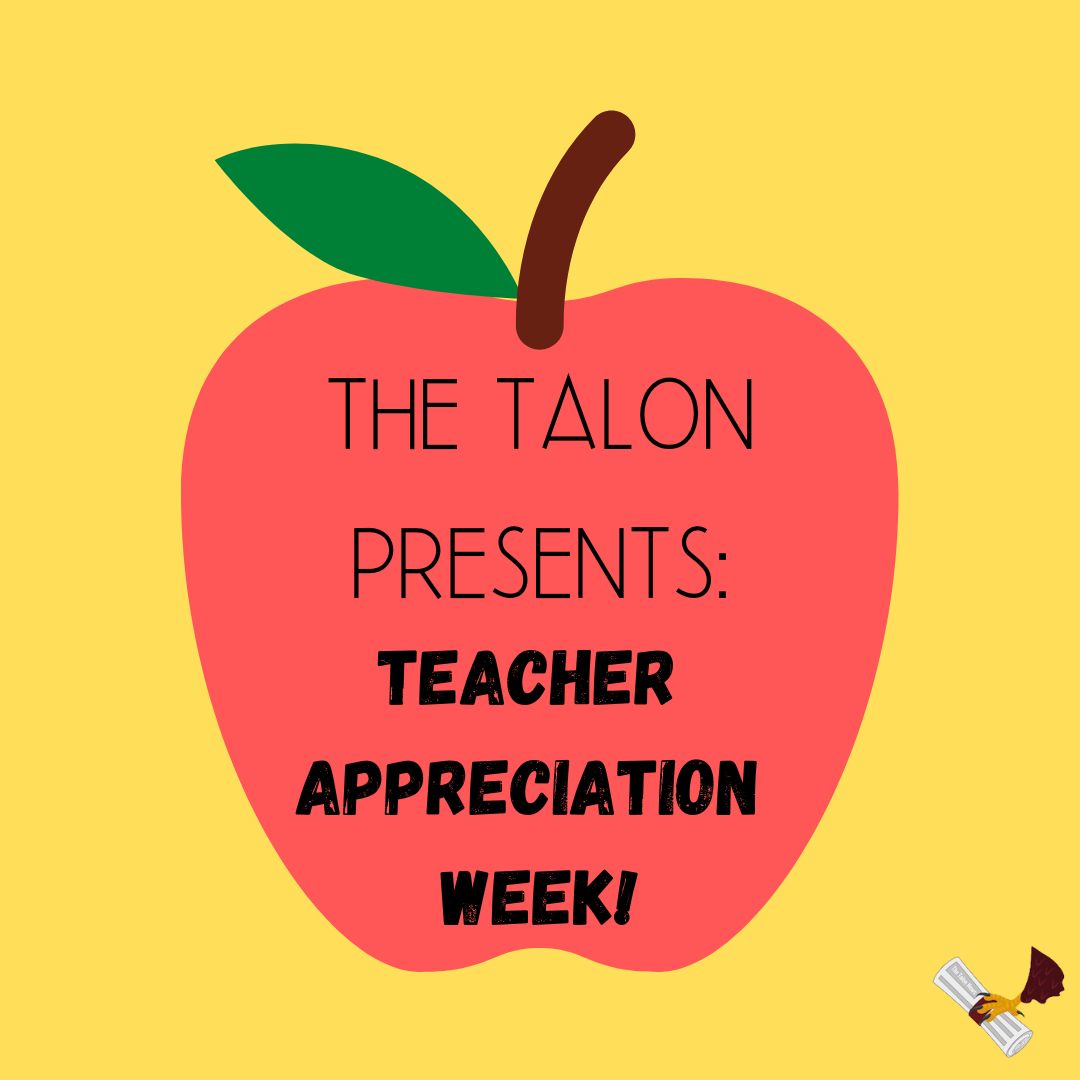

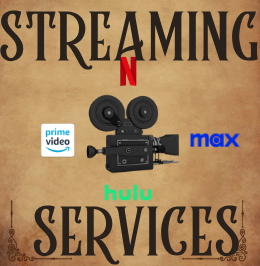
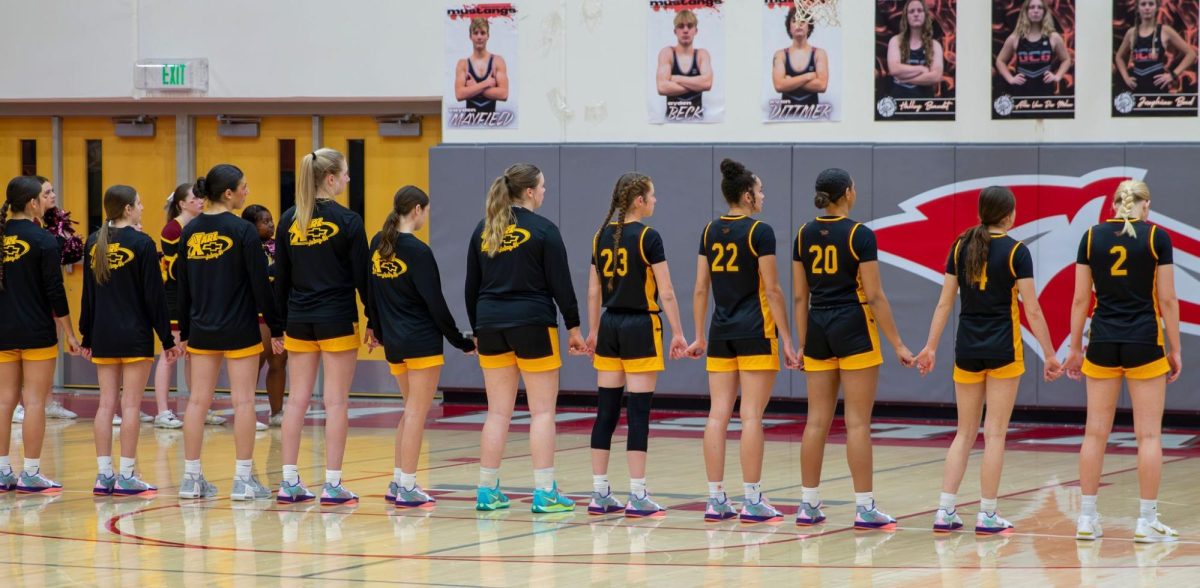



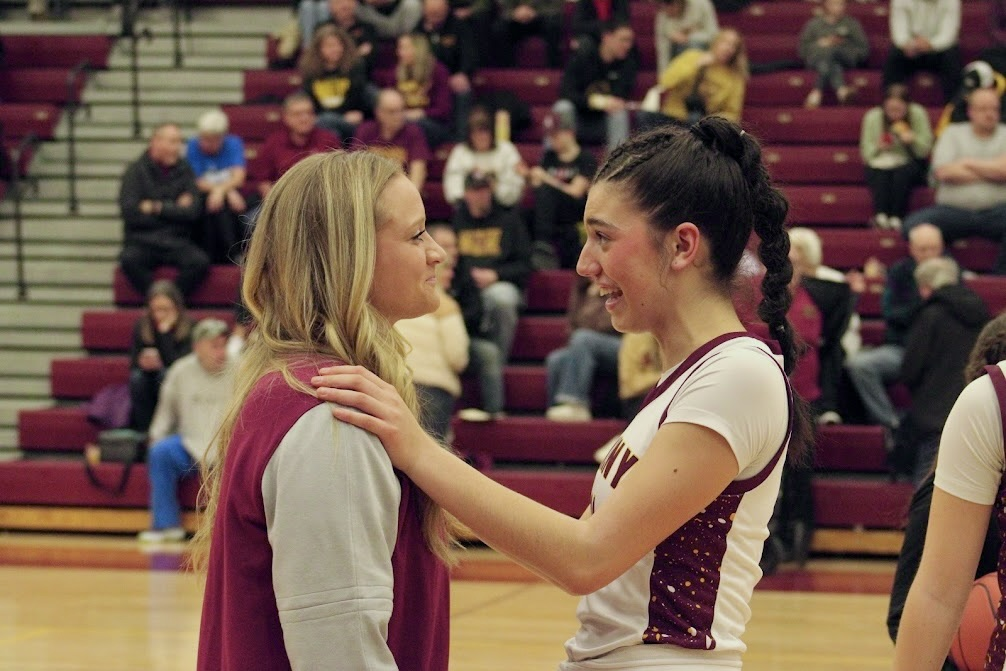


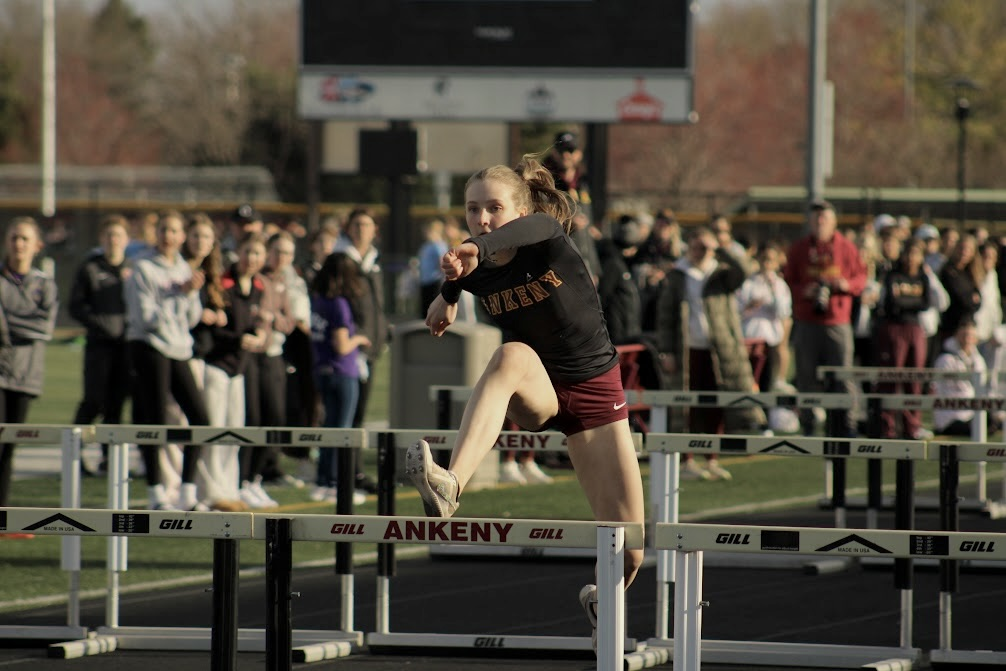


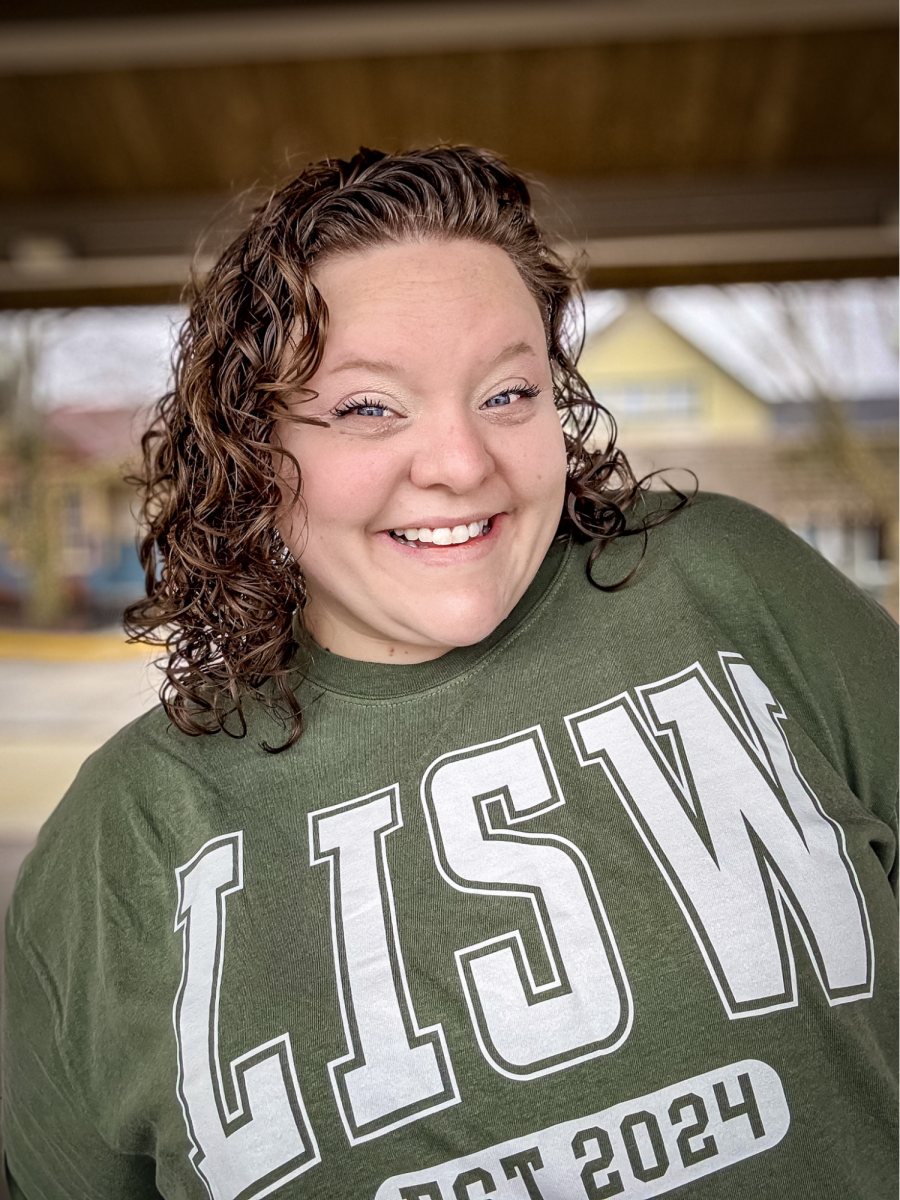

![Bing talking about the plan for the day with her students in one of her AP Biology courses. “If I wasn't passionate about working with students, I don't think [I’d stay in teaching], but no, it's absolutely the students that I have that [make it worth it,” Bing stated. Photo taken by Sylvia Bartlett.](https://ahstalonnews.com/wp-content/uploads/2025/04/bing.jpg)
